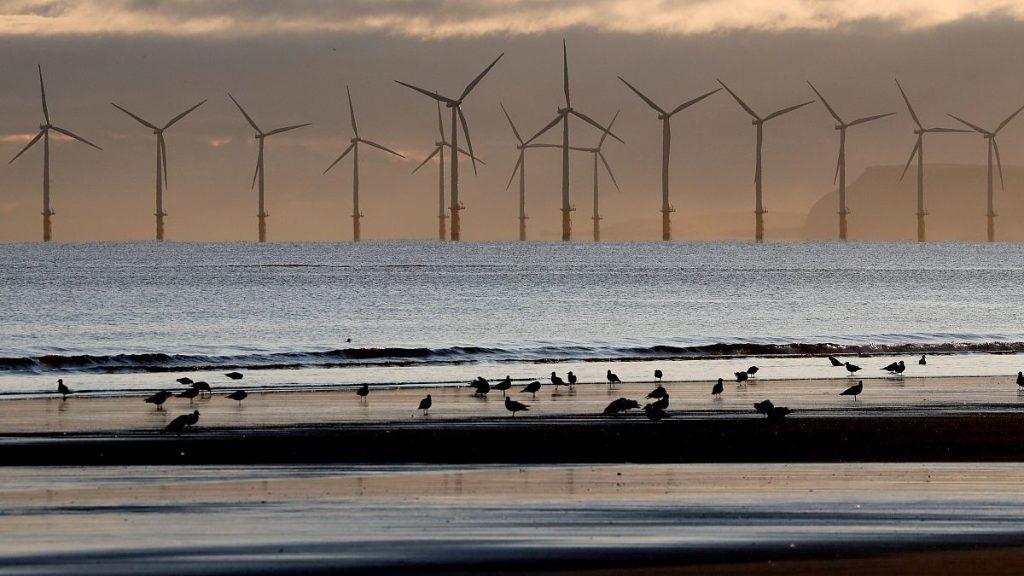The Swedish government has rejected plans to build 13 offshore wind farms in the Baltic Sea, citing security concerns. These wind farms were intended to be located off the Åland Islands in the north along the entire east coast down to Öresund. Swedish Defence Minister Pål Jonson stated that the construction of these wind farms would have unacceptable consequences for Sweden’s defence as they would make it harder to detect and shoot down missiles using the country’s Patriot batteries in the event of a conflict. Only one more wind farm has been approved to be built along Sweden’s east coast, with the government already giving the green light to two offshore wind farms on the country’s west coast. The Poseidon wind farm off Stenungsund on the west coast has also been approved to be built, with a maximum of 81 wind turbines that can contribute 5.5 terawatt hours per year.
Poseidon is the third offshore wind project to receive approval since 2022, with 10 more applications still awaiting a government decision. The rejection of the applications for wind farms has brought into question how Sweden will meet its goal of doubling annual electricity production over the next two decades. The Swedish government plans to achieve this through expanding nuclear power, aiming to have an additional 2500 megawatts of nuclear power by 2035 and 10 new reactors a decade later. However, critics argue that demand for electricity is expected to rise faster than new reactors can be constructed, raising concerns about how the country will meet its energy needs in the future.
The decision to reject the plans for offshore wind farms in the Baltic Sea has been met with mixed reactions. While the government believes that these projects would pose security risks for Sweden’s defence, some critics argue that the country will struggle to meet its energy production goals without relying on renewable energy sources such as wind power. The approval of the Poseidon wind farm along Sweden’s west coast has provided some hope for the expansion of offshore wind projects in the country, but the rejection of multiple applications raises concerns about the feasibility of meeting future electricity demands.
Some experts believe that Sweden may need to reconsider its approach to meeting its energy production goals, potentially exploring alternative sources of renewable energy such as solar power or biomass. While the government is focused on expanding nuclear power, critics argue that a more diversified energy mix that includes a greater reliance on wind power could provide a more sustainable and environmentally-friendly solution. It remains to be seen how Sweden will address the challenges of balancing its energy needs, security concerns, and environmental considerations in the coming years as it strives to meet its ambitious electricity production targets.
In conclusion, the rejection of plans for offshore wind farms in the Baltic Sea by the Swedish government has brought attention to the challenges the country faces in meeting its energy production goals. While concerns over security risks have led to the rejection of multiple applications, there are also concerns about the feasibility of expanding nuclear power to meet the country’s growing electricity demands. The approval of the Poseidon wind farm suggests that there is still potential for offshore wind projects in Sweden, but the government may need to reconsider its energy strategy to ensure a more sustainable and diverse approach to meeting future energy needs.













